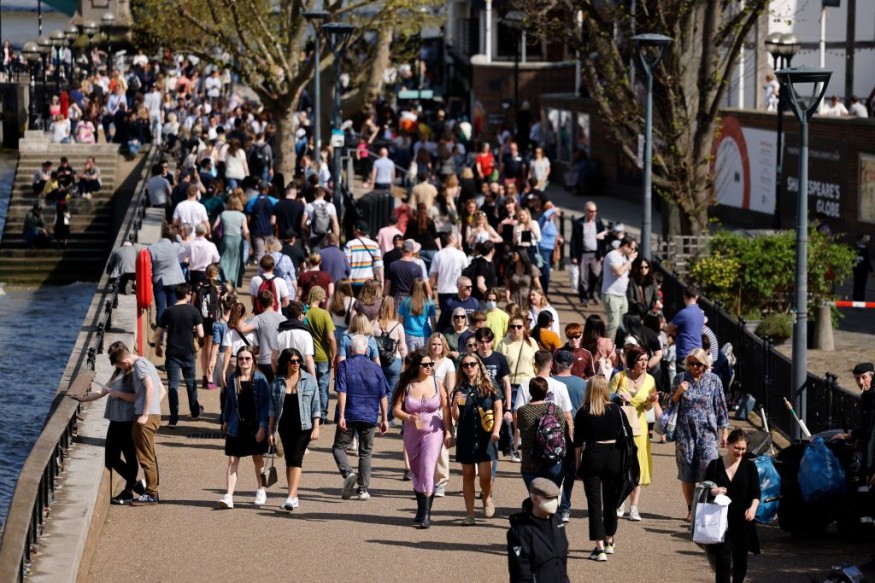
Researchers understand further and further about how human settings impact not only the emotional wellbeing, but also the overall brain function.
Navigational Skills Connected to Where We Grew Up
Recent research has uncovered an intriguing connection between where a person is raised and the directional abilities, as shown in ScienceAlert latest update. A global group led by academics from the CNRS in France as well as University College London discovered that individuals are superior at traversing topographically comparable surroundings to where they lived.
Furthermore, persons who grew up in grid-like towns performed poorly in less ordered surroundings than individuals who lived up in highly haphazardly built towns, while out-of-towners performed superior in broader expanses than inner-city dwellers.
According to the study published under Nature, researchers discovered that having grown up in towns with minimal SNE resulted in improved efficiency at normal design mobile gaming settings, however, growing up beyond towns with greater SNE correlated to superior effectiveness at much more inexorable console thresholds.
The observations are commensurate with prior studies that ties experiencing complicated surroundings to favorable effects on neural connections sprouting in the hippocampus in mice, as well as studies that connects enhanced interaction as well as density in the hippocampus to sophisticated visual processing in individuals.
Furthermore, authors discovered that, on general, people who claimed growing up in urban centers have poorer navigational abilities than those who documented growing up beyond metropolitan areas, even after adjusting for youth, sexual identity, and educational qualification.
Navigating uneven roadway configurations would entail keeping an attention focused on the objective orientation owing to more variable roadway aspects, as well as employing projected recollection for local landmarks and impending diversions.
On the appearance, it appears that those who was born and raised in highly complicated surroundings might well have higher navigating abilities, however experts emphasize that there are definitely several factors at work when individuals gain route planning capabilities.
Also read : An Ancient Tsunami-Unleashing Earthquake 3800 Years Ago Sent Humans into Hiding for a Thousand Years
The Fascinating Discovery on Folks Navigational Skills
Investigators gathered information from 397,162 participants from 38 nations who had performed the gameplay Sea Hero Quest, a navigation simulation in which players navigate a vessel in pursuit of marine mammals.
This indicates that requiring to adapt curves that vary from 90˚ and negotiate additional intersections is critical to improving navigational competence. To provide a meaningful evaluation of geographical navigating skill, experts exclusively utilized statistics from participants who had finished at least eleven stages of the videogame.
This test was selected since SHQ proficiency has been found to predict real-world piloting abilities, and the investigators had exposure to a substantial sample group. Grid-like areas have a low SNE, whereas naturally spreading towns have a high SNE, according to National Center Biotechnology Information.
Ultimately, the findings reinforce the hypothesis that people acquire piloting tactics that are tailored to the sort of surroundings they are accustomed to, but that prove inefficient in plenty of various contexts.
Experts working on the study also empathized that this validates the worldwide influence of the atmosphere on information processing and emphasizes the relevance of urban planning on human thought and brain development.
The majority of the nations studied showed comparable SNE, indicating common spontaneous roadway layouts in historic metropolis cores (e.g. France, Romania, Spain, Thailand, India).
Related article : 29 Countries in the World With the Longest Life Span
© 2025 NatureWorldNews.com All rights reserved. Do not reproduce without permission.





